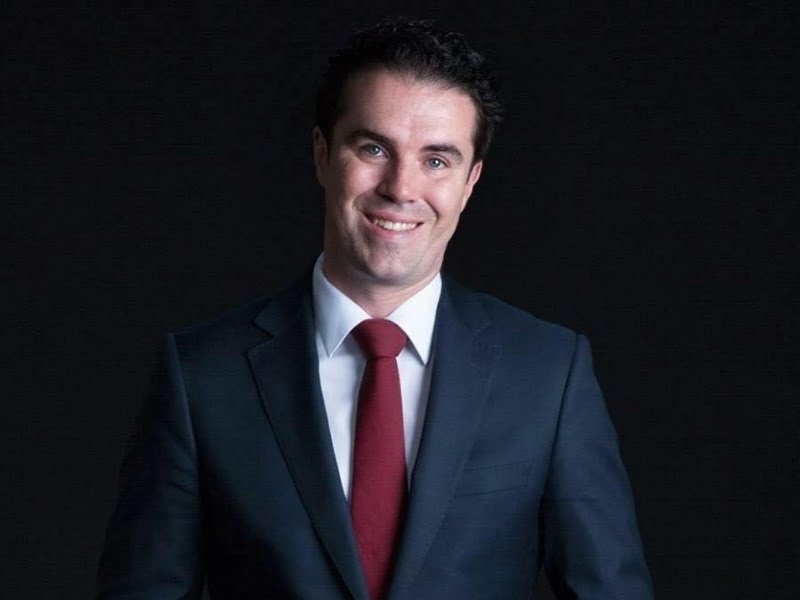The federal Opposition has backed growing calls from industry for a Council of Technology Regulators to be established to address the “ad hoc” nature of tech policy development in Australia.
In additional comments to a report on online safety released this week, shadow assistant minister for cybersecurity Tim Watts and Labor MP Sharon Claydon said a lack of coordination on technology policy was “undermining the effectiveness of regulation and creating real cost”.
They said the government should consider creating a Council of Technology Regulators, modelled on the existing Council of Financial Regulators, to coordinate and align technology policy-making in Australia.

“While there is clearly a need for significant policy action to address the substantial and evolving harms in this space, it is clear that the lack of process coordination is undermining the effectiveness of regulation and creating real costs,” the Labor MPs said in the report.
“Unfortunately, an ad-hoc ‘announcement-led’ approach in a complex and rapidly evolving area has led to a series of technology policy coordination issues. While the Committee has heard that there is now a plethora of internal government policy coordination committees on these matters and a series of ad-hoc, bilateral engagement forums between regulators, it is clear that these processes are not preventing the emergence of duplicative and inconsistent policy development processes.”
The Council would include representatives from the Office of the Australian Information Commissioner, the eSafety Commissioner, the Australian Communications and Media Authority, the Australian Competition and Consumer Commission, the Australian Cyber Security Centre and relevant government departments, they said.
“It must be recognised that the federal government itself has been the source of the bulk of the policy coordination failures and process duplication in recent years. The success of any technology policy coordination institution will therefore depend on the involvement and buy-in of Commonwealth technology policy development agencies, and not just the regulators,” Mr Watts and Ms Claydon said.
The Australian Information Industry Association (AIIA) also called for a Council of Technology Regulators this week, saying it would help to address the “knee-jerk” policy announcements seen recently.
“We would argue that the relevant people who are creating laws and policies that govern the tech sector should come together and work on any new regulation and industry needs to be part of that process,” AIIA general manager of policy and advocacy Simon Bush told the Australian Financial Review.
“It would stop this fairly siloed, knee-jerk response to issues as they arise…if you get better policy outcomes and industry endorse it, then it’s good for government.”
There are several duplicative and parallel policy development processes in the tech space currently.
According to Google, the technology giant is participating in nine separate regulatory processes, while Facebook parent company Meta said it had participated in 18 major inquiries or consultations in the last three years.
This has led to unnecessary resource burdens on industry and inconsistent objectives, the Labor additional comments said.
There are also five parallel age verification schemes under development from four different departments and regulators running at the moment.
Labor has also strongly supported the consolidation of these various pieces of legislation into one online safety framework.
“Such a consolidation would improve the effectiveness of the regime for the Australian public and make compliance with Australian regulatory obligations easier for social media platforms, particularly smaller new entrants,” they said.
“However, Labor members express concern that more than three years after the Briggs review, the government has failed to follow through on this commitment to consolidation of online safety regulatory regimes, and has instead continued to add additional parallel and overlapping regulatory frameworks.”
Do you know more? Contact James Riley via Email.

